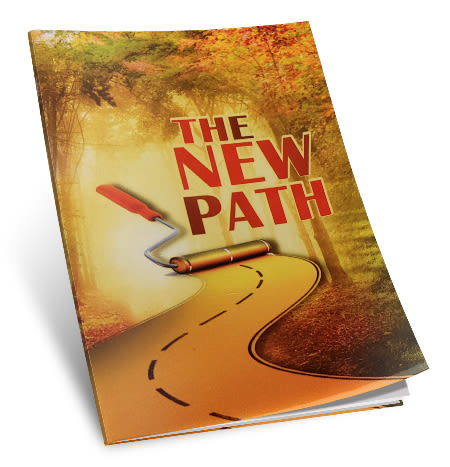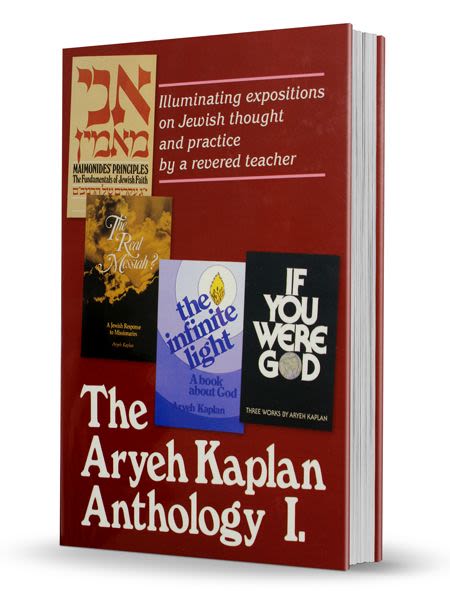
Haazinu: Song of History
Why a song? Our history is not a prosaic collection of facts and figures. Ours is a symphony of thousands of years, of Hashem's constant providence and love...

History is usually not written as a song. Prose is normally the proper vehicle for communicating the events of the past. So it seems a little strange that this week's Torah reading reviews Jewish history in poetic form and is, in fact, called a song-shira.
Although the text is difficult to decipher, basically the Parsha recaps our long history: how Hashem took the Jewish people out of Egypt, brought us to Mt. Sinai to receive the Torah, and then into the land of Israel, all with wondrous miracles. The verses continue to tell how tragically, due to an abundance of wealth and self-serving self-assurance we rebelled against Hashem who was angered by His children's brazenness. He initially sent enemies from without and within to awaken us to return to Him and when that wasn't successful we were sent into exile to brave the storms of oppression and hatred. Finally, after describing the gruesome fate that would befall the Jews living among the nations of the world, we are told that Hashem's compassion will be stirred up and ultimately will redeem His people and send the Moshiach.
This historic overview, also found in other parts of the Torah, seems fairly straight forward and apparently could have been conveyed in much simpler and more familiar words. Even with an English translation, the  language of Haazinu is terse and out of character with the rest of the Torah. Why this change, especially when we seem to be only recounting basic historical facts and patterns?
language of Haazinu is terse and out of character with the rest of the Torah. Why this change, especially when we seem to be only recounting basic historical facts and patterns?
Another curiosity is the purpose of this song. The beginning verse tells us that Moses called upon the Heavens and Earth to testify concerning the Jewish people. Rashi comments: "Why did Moses call upon the Heavens and Earth to testify? Moses said: "I am flesh and blood and soon I will die. If the Jewish people will say we didn't accept any covenant to fulfill the Torah, who will contradict them?" Therefore, Moses called upon them to testify since they will stand forever. Also, if the Jewish people follow the Torah, Heaven and Earth will give them their due reward of rain and bounty."
What does it mean that Heaven and Earth are witnesses? How can something inanimate give testimony?
We usually relate to Heaven and Earth as physical entities, completely separate and unrelated to our spiritual and emotional world. The Torah tells us that this is not true. "And if you will listen and follow my commandments…I will give the rain of the field in the proper time…and I will provide you ample grass for your animals…" This simple but profound verse teaches us that depending on the quality of our service to Hashem and nature of our interpersonal relationships, blessing will flow from Heaven and the Earth.
Moses was flesh and blood and his years were limited. At the time of his death, he was particularly concerned about the future of his beloved people. Who will rebuke them (us) if they stray from the correct path? If needed, who will nudge them in the right direction? When they are following the Torah, who will reflect the smile that Hashem wants to show them? Moses called upon the Heavens and Earth to perform this job. What does this mean and how was it accomplished?
The Jewish people's history can be classified according to two distinct but overlapping periods. One we could call "the period of Moses" and the second "the period of Heaven and Earth".
Moses' leadership was the epitome of life on a level of the miraculous. The ten plagues, the crossing of the Sea, the receiving of the Torah, and their supernatural existence for forty years in the wilderness were a reflected the greatness of Moses, whose entire relationship with Hashem was above nature.
However, the vast majority of Jewish history, from the time we entered the land until today, is characterized by a "natural" existence much like the rest of the world. In general, obvious miracles were and are rare and Hashem's providence often hidden. Creation is seemingly on cruise-control. Moses knew that, in essence, we are a people connected to Hashem and have both the ability and a mandate to live in a supernatural way. How would this happen when life seems so regulated and fixed? Moses called upon "Nature" to function "unnaturally".
All nations have their unique but often predictable histories. Population statistics, geographic factors and economic resources define the growth and decline of almost all the nations. They function according the rules of "Heaven and Earth". For the Jewish people, the same "Heaven and Earth" were given a task by Moses: to demand greatness from the Jewish people. If we lived according to Hashem's will, we could stay in the land of Israel. If not, those same forces would drive us to become "the wandering Jew" in order to learn that only spiritual greatness and closeness to Hashem would produce tranquility.This is what the Heavens and Earth were being called upon to do, to demand that we help us maintain our vision and commitment to our eternity.
Why a song-shira? Our history is not a collection of facts and figures. For that, prose would have been sufficient. Ours is a symphony over thousands of years, across continents, of Hashem's constant providence, rebuke, and love. Hashem is "The Conductor" and Heaven and Earth are the instruments which would only work if played correctly. And the Jewish people is the choir that bursts into song with a depth of feeling and realization of the unique music we were called upon to sing. Through exile and redemption, pogroms and rebuilding, the Jewish people have sung the words of Haazinu. Let's be honest. The price to sing this song was heavy. Few joined us for the journey. But we don't want the music for ourselves. We want all of mankind to sing in the final chorus.
Ha'azinu ends with a song and a prayer:
He will bring retribution upon His enemies and He will appease His Land and His people.
Speedily, in our days.
He will bring Our unique destiny and the long road to get there can only be expressed with the poetry of Haazinu.










